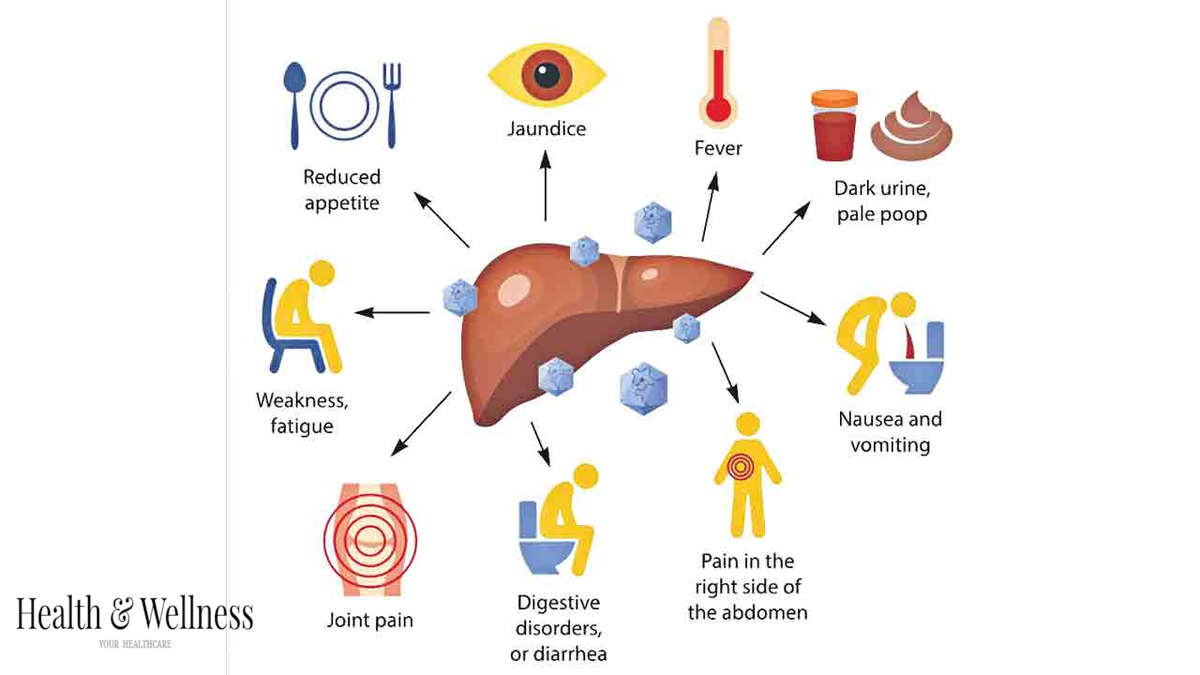How To Endure A Anxiety Attack What They Are ?

Anxiety attacks can feel like they come out of nowhere, leaving individuals and frightened. You have felt your heart racing, palms sweating, or even a sense impending doom without any clear reason. If this sounds familiar, you’re not alone. In this post, we’ll dive into the nature of anxiety attacks, how to recognize them, what causes them, and effective coping strategies. Together, let’s demystify this common yet often misunderstood experience.
What Is an Anxiety Attack?
Anxiety attacks, often referred to as panic attacks, are sudden episodes of intense fear or discomfort. These attacks can happen unexpectedly and may lead to a range of physical and emotional symptoms. But what exactly can you expect during an anxiety attack?
Symptoms of an Anxiety Attack
The symptoms of an anxiety attack can vary in intensity and duration. Here are some common signs to look out for:
- Rapid heartbeat or palpitations
- Shortness of breath or a feeling of choking
- Chest pain or discomfort
- Nausea or abdominal distress
- Dizziness, light-headedness, or feeling faint
- Sweating, chills, or hot flashes
- Numbness or tingling sensations
- Feelings of unreality or detachment
- Fear of losing control or “going crazy”
- Fear of dying
These symptoms can often lead individuals to believe they are experiencing a heart attack or another serious medical issue. It’s important to note that while anxiety attacks can be terrifying, they are typically not life-threatening.
How Do Anxiety Attacks Differ from Anxiety Disorders?
While anxiety attacks are significant, they are often confused with generalized anxiety disorder (GAD) or other anxiety-related conditions. Understanding these distinctions can help clarify the experience for many.
Key Differences
- Duration and Frequency:
- Anxiety Attacks: Usually last for a few minutes, but the aftermath can linger.
- Anxiety Disorders: Involve ongoing anxiety that can persist throughout the day.
- Triggering Factors:
- Anxiety Attacks: Can occur without a clear trigger or specific situation.
- Anxiety Disorders: Often have specific situations or thoughts that act as triggers.
- Treatment:
- Both conditions can benefit from therapeutic interventions, but the approach may differ.
- Cognitive Behavioral Therapy (CBT) is commonly used for addressing both anxiety attacks and anxiety disorders.
What Causes Anxiety Attacks?
While the precise causes of anxiety attacks can vary from person to person, several factors are known to contribute to their onset.
Biological Factors
- Genetics: Family history of anxiety or panic disorders can increase susceptibility.
- Neurotransmitters: Imbalances of neurotransmitters, such as serotonin and dopamine, can affect mood and anxiety levels.
Environmental Factors
- Stressful Life Events: Major changes, trauma, or loss can trigger anxiety attacks.
- Substance Use: Caffeine, alcohol, or recreational drugs can exacerbate feelings of anxiety.
Psychological Factors
- Negative Thought Patterns: Catastrophic thinking can increase anxiety and lead to panic attacks.
- Avoidance Behaviors: Steering clear of anxiety-inducing situations can reinforce fear over time.
Strategies to Cope with Anxiety Attacks
Understanding and managing anxiety attacks can empower individuals to reduce their severity and frequency. Here are some effective coping strategies:
Breathing Techniques
Deep breathing exercises can help calm the body during an anxiety attack. Here’s a simple technique to try:
- Inhale slowly through your nose for a count of four.
- Hold your breath for a count of four.
- Exhale slowly through your mouth for a count of four.
- Repeat this cycle until you feel calmer.
Mindfulness and Grounding Exercises
Mindfulness involves staying present and aware of your surroundings. Grounding techniques can also be helpful in breaking the cycle of panic. For example:
- Focus on five things you can see.
- Acknowledge four things you can touch.
- Listen for three sounds in your environment.
- Identify two things you can smell.
- Focus on one thing you can taste.
Seeking Professional Help
Professional support can be vital in managing anxiety attacks effectively. Therapy options such as Cognitive Behavioral Therapy (CBT) are known to help individuals identify and challenge anxious thoughts. If needed, medication may also be considered as part of a comprehensive treatment plan.
Lifestyle Changes
Making healthy lifestyle choices can significantly impact anxiety levels. Consider the following:
- Regular exercise: Helps reduce stress and improve mood.
- Balanced diet: Nutrition plays a crucial role in mental health.
- Adequate sleep: Quality rest is essential for emotional well-being.
- Reducing caffeine and alcohol: Both can increase anxiety in many individuals.
Read more : Sorts of stance and what they mean for wellbeing
A large portion of us have been there. You’re strolling down the foyer at school, haven’t had any Anxiety Attacks previously and abruptly one hits you out of the blue. It’s not so much as an out and out fit of anxiety; it’s simply a capture of dread combined with an adrenaline rush. Leena Kasat a psychotherapist situated in Mumbai shares a few hints on how you can endure a Anxiety Attack.
According to kasat, “We as a whole encounter Anxiety every now and then. It is entirely commonplace and a sound reaction to regular burdens.” Notwithstanding, individuals who experience the ill effects of Anxiety frequently struggle with moving beyond their psychological misery and feeling improved. Everybody has their terrible days where we feel worried or restless about existence overall. This can assist us with figuring out how to recognize the sensations of dread and stress that accompany day to day existence and assist us with adapting to them all the more actually, she adds.
Anxiety is an exceptionally normal mental issue that influences half of the populace consistently. A Anxiety Attack or assault is an unexpected beginning of extraordinary trepidation, and frenzy joined by actual side effects, for example, fast pulse, shallow breathing, or sickness. It has additionally been alluded to as misery or stress, and incorporates sensations of dread or fear without self-evident or objective reason.
Psychotherapy and directing assist you with managing your profound reaction to any circumstance that might make Anxiety. An emotional wellness supplier talks through methodologies to assist you with better comprehension and deal with the uneasiness. We should comprehend that a Anxiety Attack isn’t something made for the time being. Various types of feelings of dread and stress are not communicated at a fitting time appropriately. This concealment of feelings springs up as a Anxiety Attack when it is presented to any set off.
The most importantly step when somebody experiences a Anxiety Attack is to plunk down and unwind. Have a glass of water taste by taste. Attempt to standardize your breathing example by taking a few full breaths. When one gets a Anxiety Attack the breathing example changes and will in general take short and shallow breaths. When the breathing example is standardized the individual can look for help.
“As referenced before Anxiety Attack isn’t something that gets made for the time being. So it can’t be dealt with for the time being. It requires a deliberate and steady game plan to treat the Anxiety,” says Kasat. The individual experiencing Anxiety ought to counsel a psychological wellness proficient at the earliest opportunity. Psychotherapy has various ways to deal with treating Anxiety.
It is said that balance is better than fix. To forestall uneasiness, Kasat says that one ought to attempt the accompanying:
- Carry on with a solid way of life:Work-out consistently and eat a sound and adjusted diet. Keep away from low quality food.
- Look for help: You ought to take a stab at guiding and get support on the off chance that you have encountered a horrendous or upsetting occasion. This can assist with keeping uneasiness and other upsetting sentiments from disturbing your life.
- Investigate pressure the board: Learn various ways of overseeing pressure, like through contemplation. Learn unwinding methods like yognidra or moderate muscle unwinding.
- Join support gatherings: There are many care groups that you can join and are accessible face to face and on the web. They support individuals with uneasiness problems to impart their encounters to individuals and their survival methods.
- Get taught: You can find out about the particular kind of Anxiety problem you have so you feel more in charge. Assist your companions and friends and family with understanding the issue also so they can uphold you.
- Limit or stay away from caffeine: Many individuals with Anxiety jumble find that caffeine can demolish their side effects. So to keep away from that, limit your caffeine admission.
- Converse with your medical services supplier: Your supplier is your accomplice in your need. In the event that you feel like treatment isn’t working or have inquiries regarding your drug, contact your medical care supplier. Together, you can sort out what is ideal and is working for you.
Anxiety issues can frequently go undiscovered and untreated. Luckily, treatment can help. The right treatment can assist with working on your personal satisfaction and all the other things will adjust. It can likewise uphold your general prosperity.
Conclusion
Anxiety attacks can be intimidating, but understanding them can help you regain control. By recognizing the symptoms, knowing the differences from anxiety disorders, and implementing effective coping strategies, you can navigate these experiences with greater confidence. If you or someone you know struggles with anxiety attacks, consider seeking professional help—support is always available, and you’re not alone on this journey.






